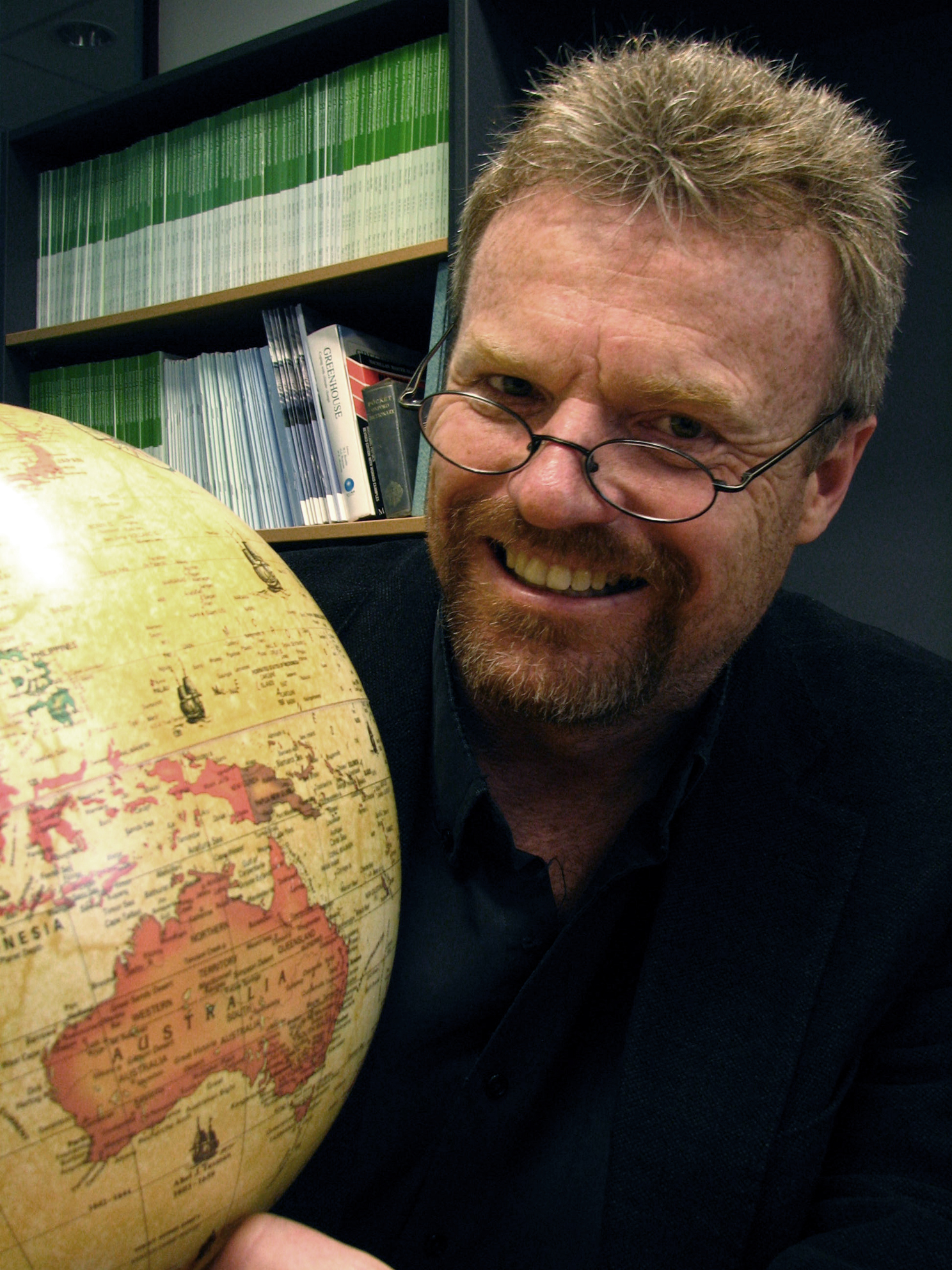Professor Neil Holbrook
Bio
Neil Holbrook is Professor of Ocean and Climate Dynamics within the Institute for Marine and Antarctic Studies at the University of Tasmania (UTAS). He co-leads the CLEX Ocean Extremes Research Program, and is the CLEX UTAS node lead. Holbrook’s research concentrates on developing process-based understanding and improved knowledge of the predictability of ocean and climate extremes, focusing on marine heatwaves (MHWs) – the ocean analogue of atmospheric heatwaves that can cause devastating impacts on life in the sea. He has been a critical player in pioneering our understanding of marine heatwaves. He designed and led the first global assessment of the drivers of marine heatwaves, which elucidates the potential predictability of enhanced or suppressed marine heatwave likelihoods associated with large-scale climate modes. The outcomes of this research have set the baseline for all future studies of MHW processes and predictability and led to a follow-up international Perspective piece advancing the thinking around MHW processes, predictability, and prediction. Recently, Holbrook led a study of MHW impacts/projections in the tropical western and central Pacific Island nations and their communities. Holbrook also co-leads an international Working Group on MHWs and is also a member of the international CLIVAR Research Focus on Marine Heatwaves in the Global Ocean. Holbrook is an elected fellow of the Australian Meteorological and Oceanographic Society and an associate editor of the Journal of Southern Hemisphere Earth Systems Science. He is a former president of the International Commission on Climate of the International Association of Meteorology and Atmospheric Science/International Union of Geodesy and Geophysics (2011-2019) and associate editor of the Journal of Climate (2006-2008). Holbrook also led Australia’s National Climate Change Adaptation Research Network for Marine Biodiversity and Resources (2009-2013). Holbrook is recognised as a Clarivate Highly Cited Researcher (2021-2023) and identified on the Reuters list of 1000 most influential climate scientists (2021).

